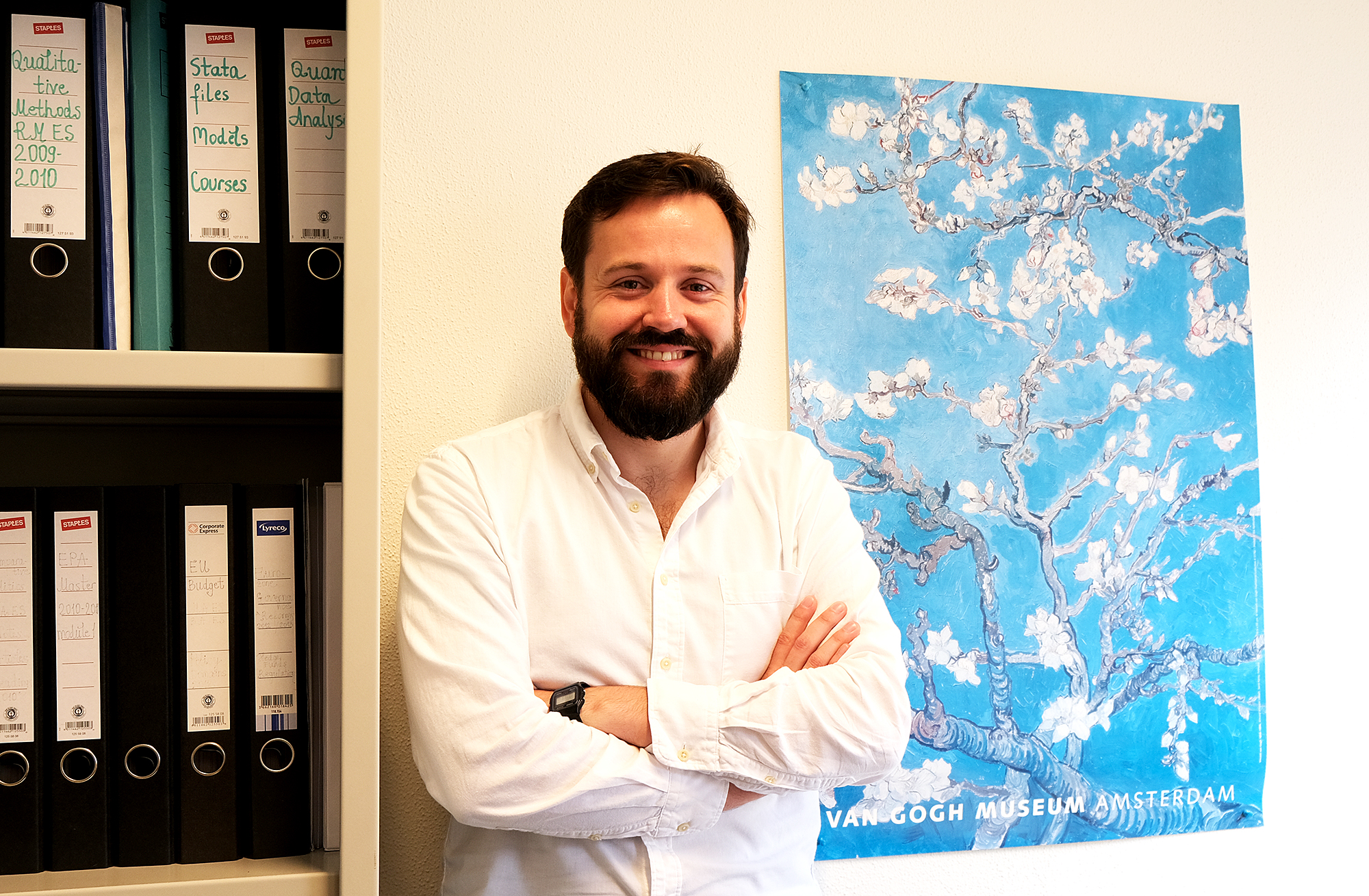Towards a more effective approach for tackling legal border obstacles
Which kind of legal instrument can offer an effective solution for the province of Limburg to better tackle border-specific legal problems? How can Limburg obtain a certain 'mandate' to play an active role in solving legal border obstacles? These (and other) questions are answered in the research report 'Statute for Limburg' which was adopted by the Provincial Executive of Limburg on 27 November 2018. The report was carried out by Expertise Centre ITEM (Maastricht University) on behalf of the Province of Limburg.
Unequal powers
The report maps existing instruments that allow regional or local entities in Europe to deviate from legislation in force to solve cross-border problems. More specifically, the report examines possibilities for Limburg and other border provinces to obtain a special mandate from the national government that enables them (legally) to enter into direct contact with sovereign or mandated governments on the other side of the border. While the Netherlands is a decentralised unitary state, with the legislative power vested in the States General in The Hague, the direct neighbours of Limburg - Flanders, Wallonia and North Rhine-Westphalia - have their own local legislative power. This means the powers between these neighbouring countries are not the same for tackling cross-border problems along the Limburg border.
Making better use of existing instruments
In order to solve legal border obstacles, Limburg (or Dutch border provinces in general) should obtain a specific role in the implementation of existing instruments at Benelux and European level, ITEM says. To this end, the application of existing Benelux instruments in particular can play a crucial role. It’s precisely the legal framework of the Benelux Union that offers promising opportunities for solving cross-border obstacles. Existing bilateral instruments (such as in the context of treaties with Germany) can also be used more effectively by giving the province of Limburg more influence on the application of these instruments. Another promising aspect is the newly proposed EU instrument 'cross-border mechanism', which has yet to be voted on. This regulation could make legal adjustments easier for cross-border projects and give provinces such as Limburg a stronger role in cross-border governance. In particular, it could be of great added value for stakeholders in Limburg with cross-border infrastructure projects.
Statute for Limburg?
As a second solution, the report states that a specific, national legal instrument can be established, that border provinces can use to adapt parts of Dutch legislation in the event of border obstacles. Not as a specific legislative instrument for the province of Limburg (as the 'Statute for Limburg'), but rather as an instrument - in the form of a framework law - for all provinces involved in cross-border cooperation projects. Under certain conditions, so-called 'experimentation clauses' could also play a useful role. Recent attempts by the government to introduce experimental legislation have shown that entering into a dialogue between government and local authorities involved can solve cross-border problems, according to the report. Border provinces could implement a similar process. The report also recommends drawing up this 'Dutch statute' with the specific aim of facilitating cross-border cooperation projects. Furthermore, it must be clearly in line with the 'mechanism' proposed by the European Commission.
Follow-up step: applying instruments to practical cases
A deeper analysis is needed to identify the most effective tools to solve obstacles. Therefore, ITEM recommends to further investigate two specific cases, namely the merger of the ports in Ghent, Terneuzen and Vlissingen (the North Sea Port) and the plans for the establishment of a joint Euregional Child Surgical Centre (Aachen/Maastricht/Liège).
Also read
-
The 2024 Turriano Prize from ICOHTEC (the International Committee for the History of Technology) was awarded to Jacob Ward’s book Visions of a Digital Nation (MIT Press, 2024). The Turriano Prize recognises the best first book by an historian of technology.
-
Since Hungary took over the rotating presidency of the EU Council on July 1st, its Prime Minister Viktor Orbán has embarked on a widely criticized peace mission for Ukraine, including meetings with leaders of Russia and China. This has led to much speculation about what the next six months of the...
-
"We are the pioneers in a brand-new field of engineering sciences, not just in Maastricht but globally as well", says Francesco Ferrari about the group of thirteen students, himself included, who in July received the first bachelor's degree in Circular Engineering.


